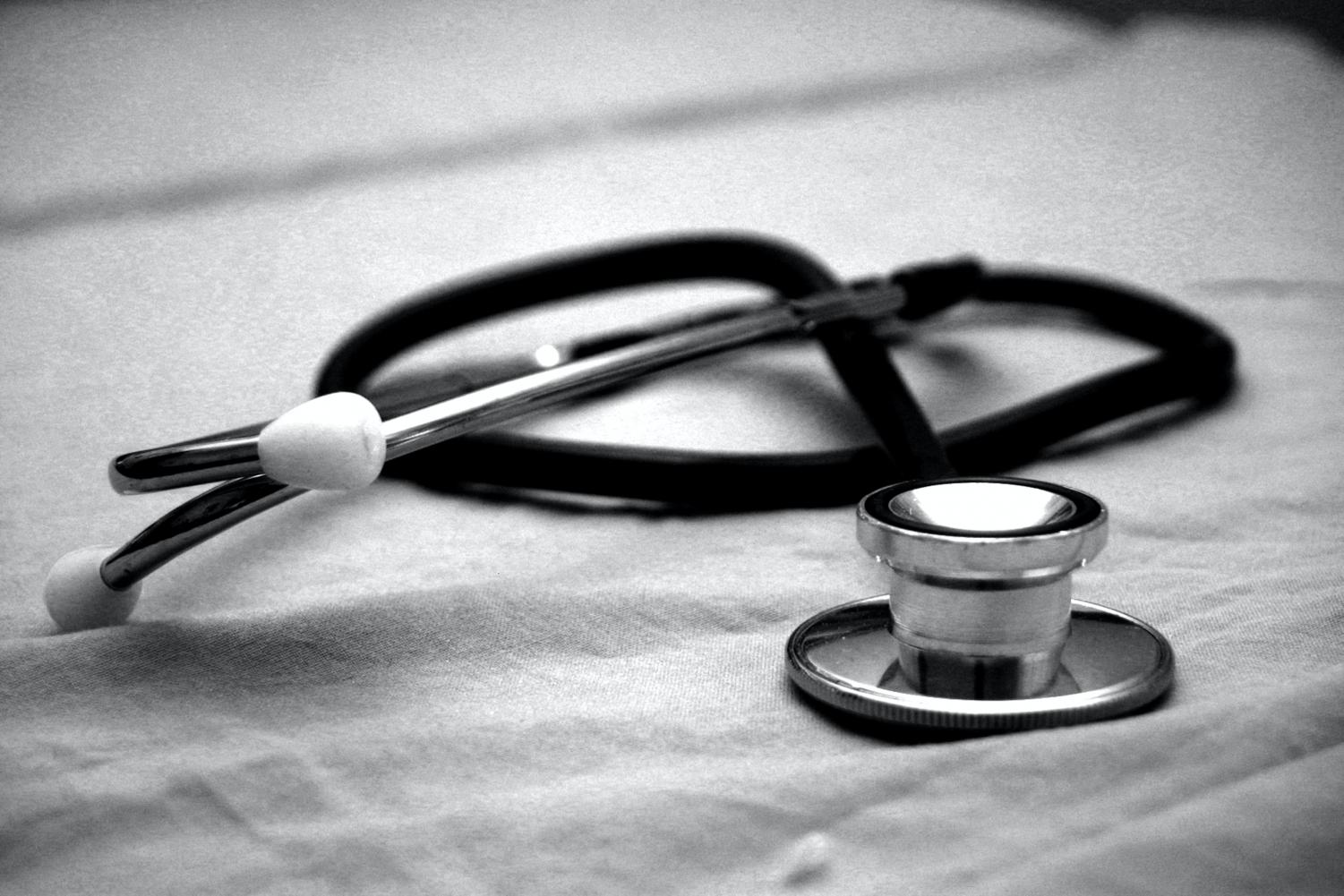Before COVID-19, doctor appointments and hospitals seemed reserved for accidental injuries, the occasional illness and seasonal flu shots. But for some, health care has been a frustrated cycle of mistreatment, misdiagnosis and a lack of educating patients on the nature of their issues.
Our health care system is a convoluted mess. Insurance companies complicate the amount of care an individual is entitled to and a lack of proper testing and education leads to mistreatment or misdiagnosis. Preventable mistakes have cost lives and permanently altered bodies. We must demand an end to the prioritization of certain people and issues or we will continue to suffer the consequences.
WOMEN’S HEALTH BASED ON MEN’S STANDARDS
For centuries women were excluded from clinical trials because scientists believed that most of men and women’s bodily functions reacted the same—despite the difference in hormones and body parts. As a result, knowledge of women’s health has been limited and therefore often neglected.
In many health classes and basic training, male heart attack symptoms are still the only symptoms taught—chest discomfort and sensation in the left arm, shoulder, neck or jaw. Women died of heart attacks for years before doctors discovered their symptoms were entirely different. While women can also experience chest pain and discomfort along the left side of their upper body, it is far from a reliable standard. Sometimes, women will not feel any chest pain, but can feel pressure against their back, dizziness, nausea, shortness of breath, stomach pain that resembles acid reflux, or any combination of the sort. Yet, most women will live their entire lives not knowing these opposing symptoms that risk their health, all because there is a lack of proper education and testing.
Luckily, this is not true for all illnesses. Breast cancer, which affects 12% of women in the U.S., has extensive research dedicated to this disease that plagues mostly women. This, however, is an exception, not the standard. Illnesses like endometriosis, a painful disorder that affects 11% of American women, is only in the beginning stages of research and treatment, with few doctors holding significant knowledge of it.
Typically, the lack of understanding of women’s health perpetuates lower quality care for women. 20% of women have felt that a doctor has dismissed their symptoms because of their gender and studies show they are not wrong. Women are less likely to receive a diagnosis for the same symptoms that a man may be having or may be left untreated for having different symptoms than men, perpetuating their health problems.
Although more women are included in clinical trials today, many are still denied access on the basis of being pregnant or having child-bearing organs. But women deserve to have their bodies studied and understood so that doctors—and everyday women—can properly evaluate the health of their bodies, not by men’s standard, but by women’s. Women’s health must be taught as extensively as men’s, or their issues will only continue to be ignored.
OVERWEIGHT AND OVERLOOKED
While obesity is a disease that plagues many Americans, it is also used by far too many doctors as an excuse to overlook other underlying problems. Weight bias causes people to delay doctor’s appointments, write off any pain and ultimately exacerbate symptoms of obesity. Although exercise and healthy eating are proven to have tremendous effects on overall health and weight, it is often suggested as a cure-all for every overweight person’s issues when there may be other factors at play.
According to Today, doctors spend less time with overweight patients because they are quick to prescribe weight loss as the only needed treatment. Consequentially, many illnesses in people with obesity are ignored.
It is cruel to force anyone to exist with a low quality of life that could easily be treated. Everyone deserves the chance to be welcomed and heard, especially when regarding their own health. We cannot allow these pains to be silenced anymore.
THE COLOR OF CARE
In health care Black Americans are more likely to fall ill, suffer more and die prematurely while seeking medical care, alongside other people of color.
Our system is not curated to care for minorities. Harvard Health states that “unequal access to quality education, healthy food, livable wages, affordable housing” and eligibility for insurance all contribute to worse health and hinder their ability to receive health care.
When minorities make it to the doctor, they face racism and classism at much higher rates than their white counterparts. From racially charged interpersonal interactions between doctor and patient to foregoing treatment based on the perception of a patient’s income, minorities deal with a slew of false perceptions against their race. Even well-educated, upper-class Black people have reported feeling more discrimination and less privilege than well-educated, upper-class white people, presumably on the basis of race.
Although most medical professionals attempt to treat their patients equally, our system is plagued with implicit racial bias. We must address this discrimination and accessibility issues, or people of color will continue to suffer in the hands of people who are meant to heal.
SEIZE THE KNOWLEDGE
To some extent, we are able to take matters into our own hands. When doctors deny us treatment, we have the right to fight against their decision. We can demand more tests, request clarification regarding our diagnosis, or lack thereof, and go to different doctors for second and third opinions—a unique right we have as Americans. In other countries, such as Canada, doctors can terminate their patient from their care for not following prescribed advice, or seeking a medical opinion outside their own. We do not have to settle for negligent care.
However, the responsibility should not solely fall on our shoulders. The world of health care needs to own up to its mistakes and take active steps to reconcile its discrimination, better inform patients and create an environment where our pain is no longer overlooked.











